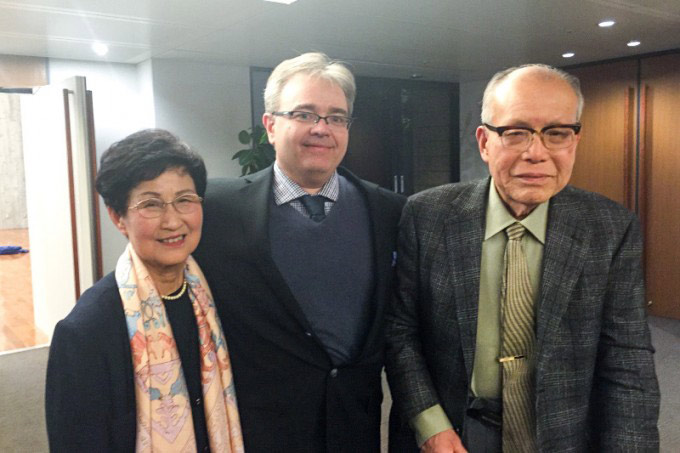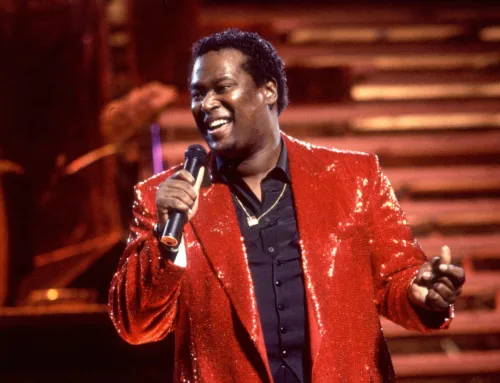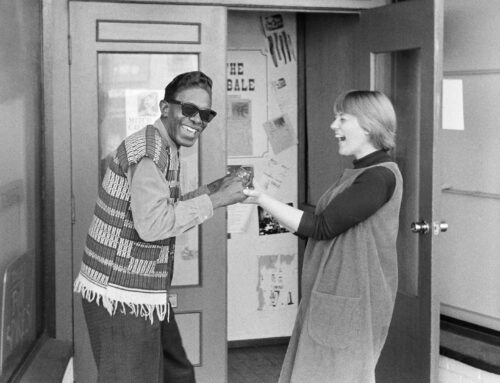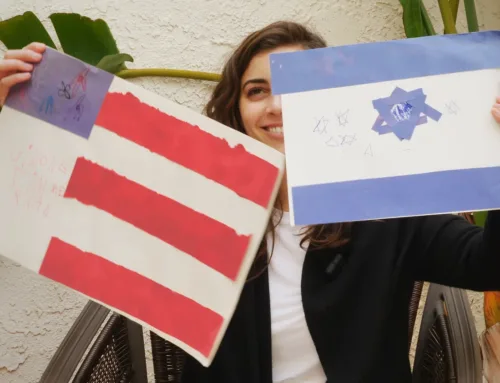$12 General Admission, $9 Member, $7 child age 14 or younger
Doors Open for admissions 30 min. prior to screening Buy tickets at Film Center or online now
Post-screening Q&A with director Barry Frechette, composer Chad Cannon, and cinemoatographer/ editor Max Esposito. Mr. and Mrs. Suzuki from Hiroshima will also be participating in the discussion.
In the summer of 1945, the United States dropped two atomic bombs on Japan. On August 6th, “Little Boy” was dropped on Hiroshima, and three days later, “Fat Man” was dropped on Nagasaki. Hundreds of thousands of people were killed. What few people know is that 12 American POWs were on the ground in Hiroshima, 1,300 feet from ground zero. Two of the twelve Americans were Normand Brissette of Lowell, Massachusetts, and Ralph Neal, of Corbin, Kentucky.
On that same early August morning, a young Japanese boy, Shigeaki Mori, would witness the explosion. He would survive that day, but his life would be changed forever. Mr. Mori would go on to document the events of that day and the thousands that were lost. Through his research, he would find evidence of the 12 American POWs, and would spend over 35 years tracking down their stories. Not as enemies, but as humans that suffered in one of history’s most tragic events. To honor them, like all the others who suffered as victims that day, he worked tirelessly to track down each family and try to give some closure and even solace by letting them know what happened. And to have each airman recognized at the Hiroshima Peace Museum, named as victims of the atomic blast. What would drive this man to spend so much time and effort to recognize them? To reach out to their families and provide comfort. And often closure.
And that is exactly what Shigeaki Mori did. Normand and the other Americans were just some of the over 100,000 people that died following the bombing. Normand shared the same fate as the Japanese. His story is their story. But one man has stood up to give the 12 their voice. One man looked at them not as just as a symbol of those that had dropped the bomb, but as victims. They were sons, brothers, husbands and fathers. And they deserved to be treated as such. No matter what uniform they wore. That is Shigeaki Mori’s legacy.

Barry Frechette with Shigeaki Mori and his wife, Kayoko, during a trip to Japan.
PAPER LANTERNS is a film about the true story of Normand Brissette, Ralph Neal, and Mr. Mori’s struggle to account for their story in the years and decades that followed the end of World War II. This story is about them. The horrors they witnessed. The families that struggled to find the truth, and one man’s effort to give them the gift of closure. It’s about the humanity and compassion shown by those who were in the heart of the destruction. The generation that lived through these events are dying away. They don’t want anyone to forget their loved ones and the sacrifices they made. They want to strive for peace, compassion and a world free of nuclear weapons. They want us to never forget their story.
Thank you to the Japan Society of Boston for helping arrange this special screening and Q&A!




